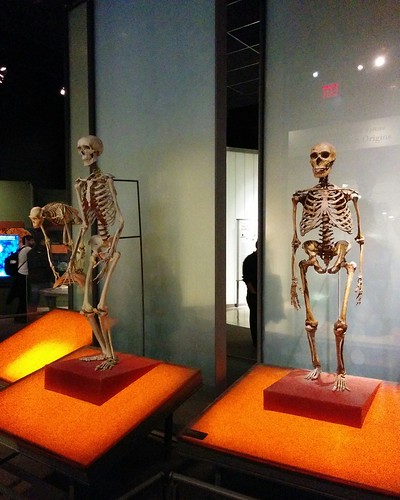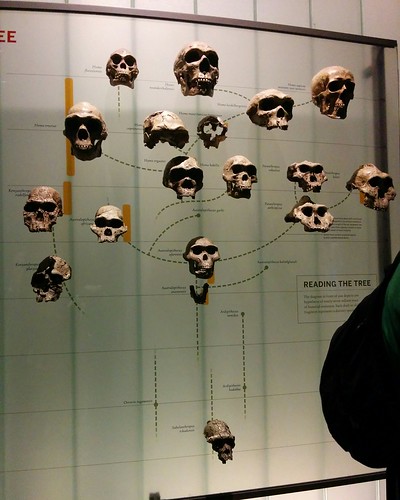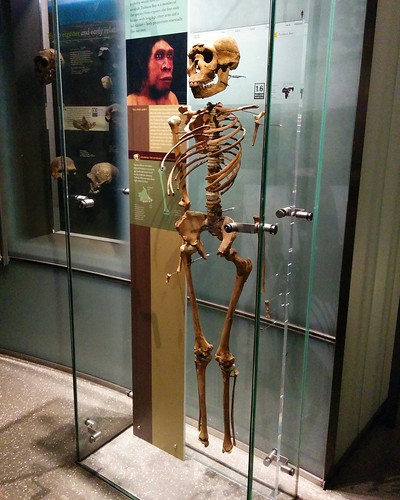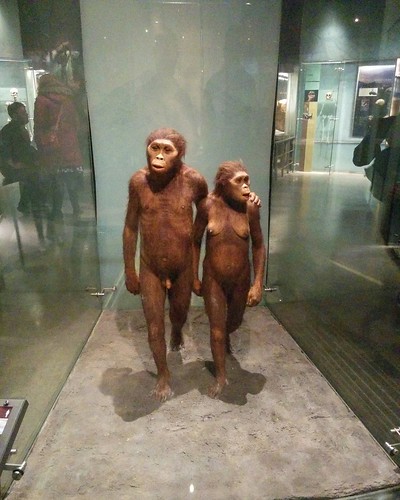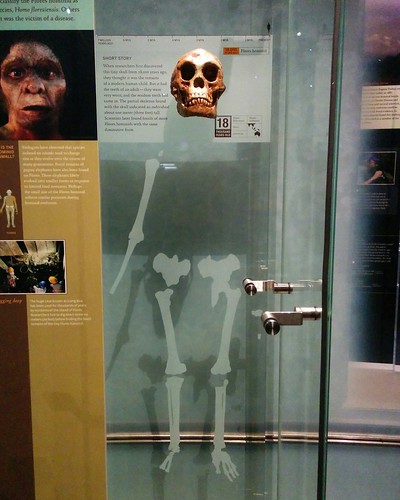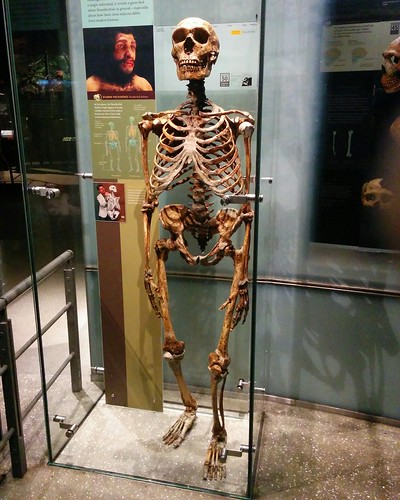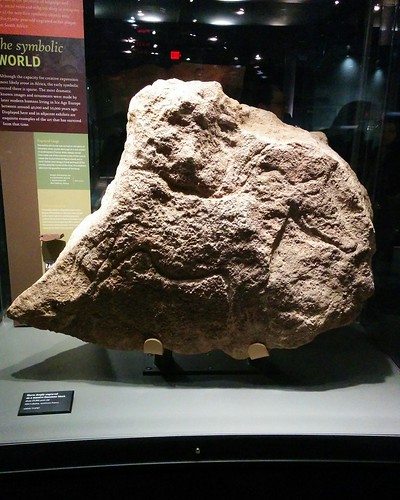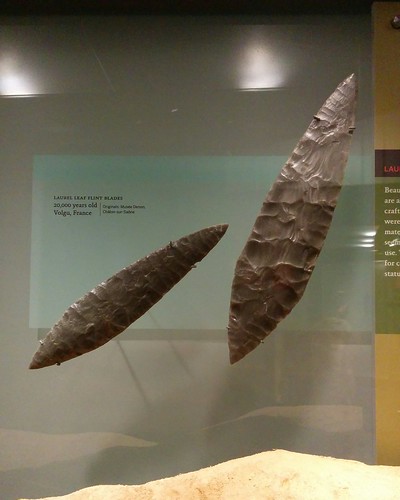[BLOG] Some Thursday links
Sep. 12th, 2019 07:23 pm- Bad Astronomy notes the remarkably eccentric orbit of gas giant HR 5138b.
- Centauri Dreams notes the impact that large-scale collisions have on the evolution of planets.
- Chris Bertram at Crooked Timber noted yesterday that babies born on September 11th in 2001 are now 18 years old, adults.
- The Crux notes that some of the hominins in the Sima de los Huesos site in Spain, ancestors to Neanderthals, may have been murdered.
- D-Brief reports on the cryodrakon, a pterosaur that roamed the skies above what is now Canada 77 million years ago.
- Dangerous Minds looks at the political artwork of Jan Pötter.
- Gizmodo notes a poll suggesting a majority of Britons would support actively seeking to communicate with extraterrestrial civilizations.
- io9 has a loving critical review of the first Star Trek movie.
- JSTOR Daily shares, from April 1939, an essay by the anonymous head of British intelligence looking at the international context on the eve of the Second World War.
- Language Log notes a recent essay on the mysterious Voynich manuscript, one concluding that it is almost certainly a hoax of some kind.
- Erik Loomis at Lawyers, Guns and Money considers the future of the labour movement in the United States.
- Marginal Revolution considers what sort of industrial policy would work for the United States.
- Yardena Schwartz writes at NYR Daily about the potential power of Arab voters in Israel.
- Jim Belshaw at Personal Reflections explains why, despite interest, Australia did not launch a space program in the 1980s.
- Drew Rowsome provides a queer review of It: Chapter Two.
- Starts With A Bang's Ethan Siegel notes how government censorship of science doomed the Soviet Union and could hurt the United States next.
- Window on Eurasia notes how, in the Volga republics, recent educational policy changes have marginalized non-Russian languages.
- Arnold Zwicky shares a glossy, fashion photography-style, reimagining of the central relationship in the James Baldwin classic Giovanni's Room, arranged by Hilton Als.
